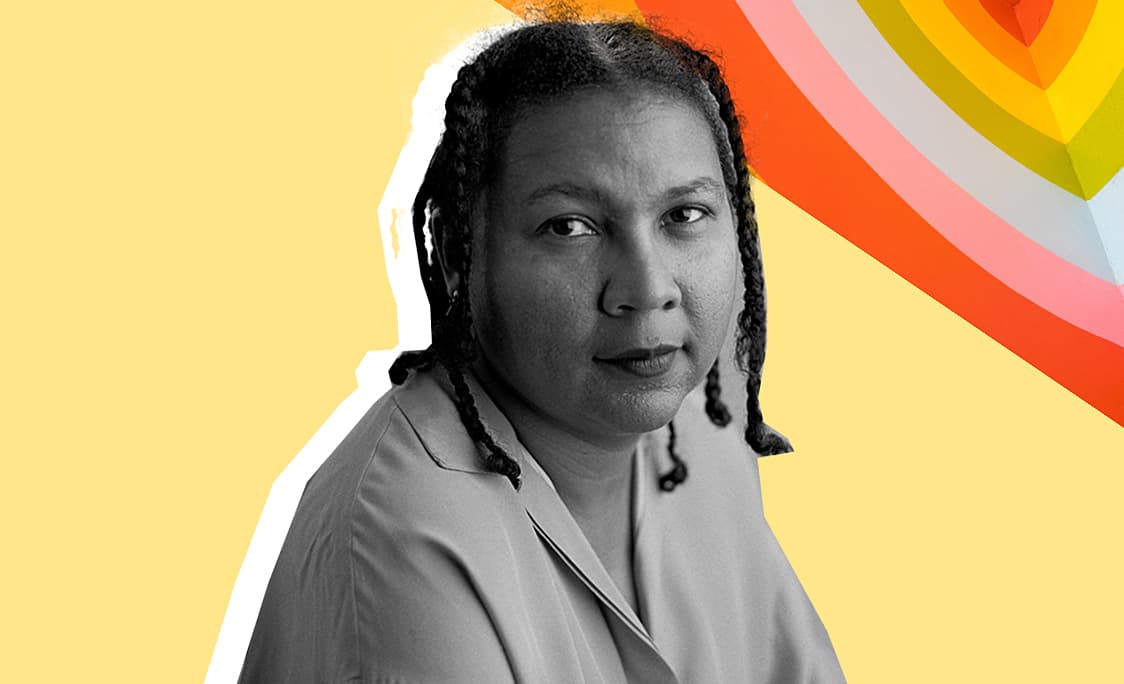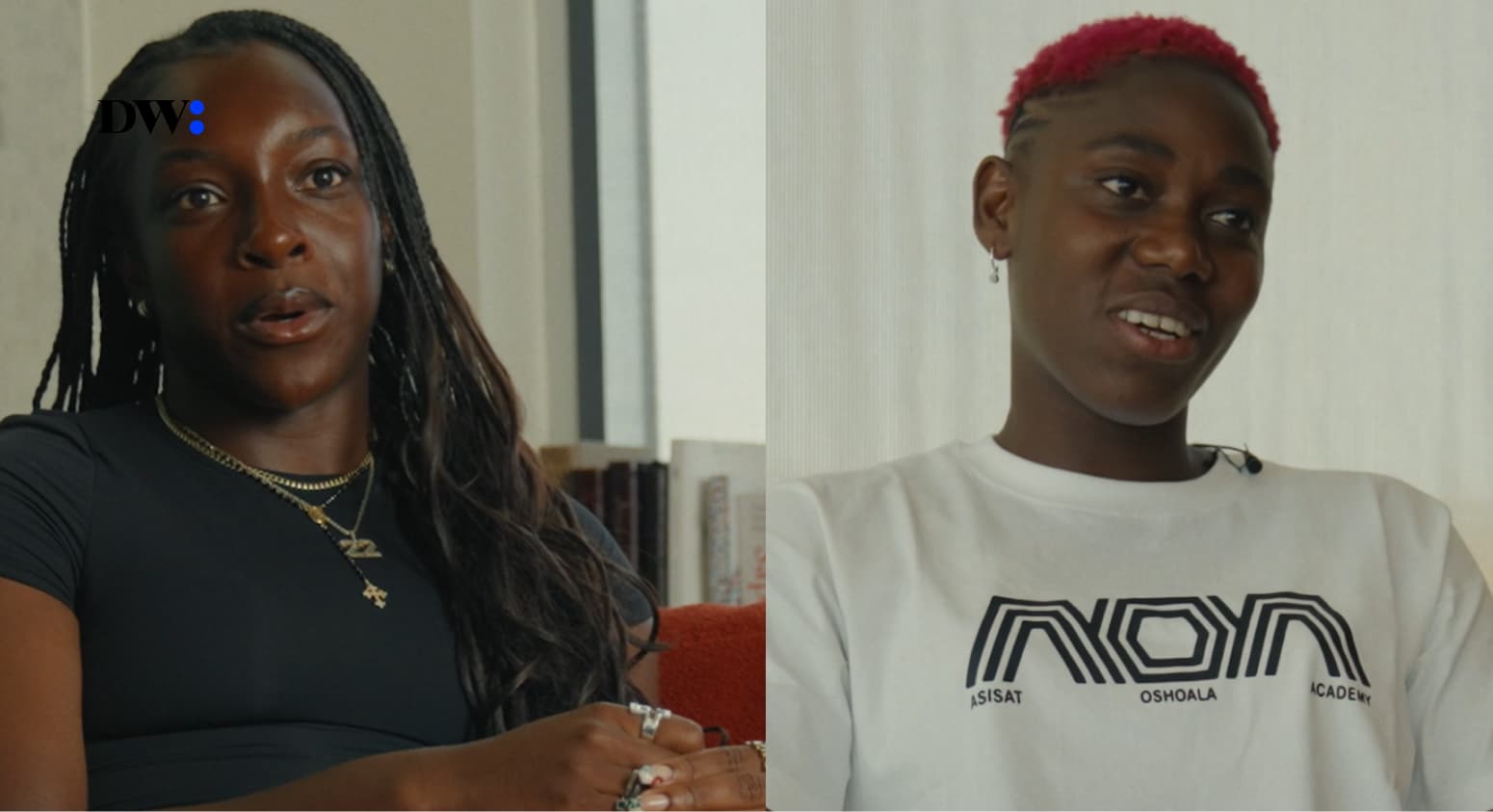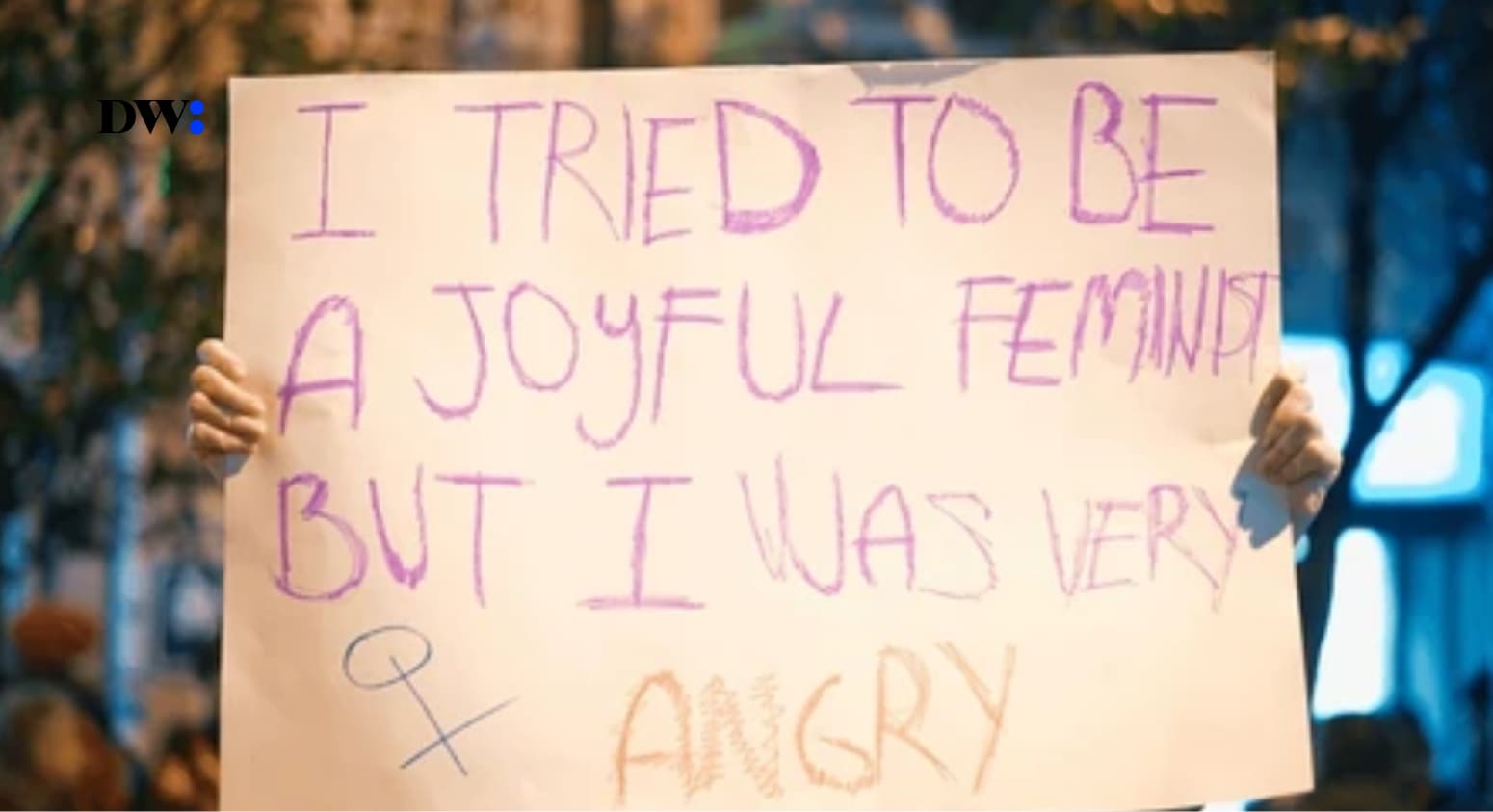Gloria Jean Watkins, popularly known as bell hooks, was born on September 25, 1952, in Hopkinsville, a small, segregated town in Kentucky, to a working-class African-American family.
Watkins was one of six children born to Rosa Bell Watkins (née Oldham) and Veodis Watkins. Her father worked as a janitor, and her mother worked as a maid in the homes of white families.
She graduated from Hopkinsville High School before obtaining her BA in English from Stanford University in 1973 and her MA in English from the University of Wisconsin, Madison, in 1976. She also served as a senior lecturer in ethnic studies at the University of Southern California.
During her three years there, Golemics, a Los Angeles publisher, released her first published work, a chapbook of poems titled And There We Wept (1978), written under the name “bell hooks”.
She had adopted her maternal great-grandmother’s name as her pen name because, as she later put it, her great-grandmother “was known for her snappy and bold tongue, which I greatly admired”
She also said she put the name in lowercase letters both to honour her great-grandmother and to convey that what is most important to focus upon is her works, not her personal qualities: the “substance of books, not who I am.”
About the unconventional lowercasing of her pen name, hooks added, “When the feminist movement was at its zenith in the late ‘60s and early ’70s, there was a lot of moving away from the idea of the person. It was: Let’s talk about the ideas behind the work, and the people matter less… It was kind of a gimmicky thing, but lots of feminist women were doing it.”
In the early 1980s and 1990s, bell hooks taught at the University of California, Santa Cruz, San Francisco State University, Yale (1985 to 1988), as assistant professor of African and Afro-American studies and English), at Oberlin College (1988 to 1994, as associate professor of American literature and women’s studies), and, beginning in 1994, as distinguished professor of English at City College of New York.
She then returned to Kentucky to teach at Berea College, home to the bell hooks centre.
bell hooks began using feminism in the analysis of pop culture, and convinced many of her readers that feminism is for everybody.
Starting in 1981 with her book “Ain’t I a Woman? Black Women and Feminism,” hooks argued that feminism’s claim to speak for all women had pushed the unique experiences of working-class and Black women to the margins.
“Ain’t I a Woman?” got its title from abolitionist Sojourner Truth’s speech- Ain’t I a Woman.
“Ain’t I a Woman?” has been recognised for its contribution to feminist thought, with Publishers Weekly in 1992 naming it “One of the twenty most influential women’s books in the last 20 years.
Writing in The New York Times in 2019, Min Jin Lee said that “Ain’t I a Woman?” “remains a radical and relevant work of political theory. hooks laid the groundwork for her feminist theory by giving historical evidence of the specific sexism that enslaved Black women endured and how that legacy affects black womanhood today.
“Ain’t I a Woman?” examines themes including the historical impact of sexism and racism on black women, the devaluation of black womanhood, media roles and portrayal, the education system, the idea of a white-supremacist-capitalist-patriarchy and the marginalisation of black women.
In 1983, after several years of teaching and writing, she completed her doctorate in English at the University of California, Santa Cruz, with a dissertation on author Toni Morrison entitled “Keeping a Hold on Life: Reading Toni Morrison’s Fiction“.
In her memoir Bone Black: Memories of Girlhood (1996), hooks wrote of her “struggle to create self and identity” while growing up in “a rich magical world of southern black culture that was sometimes paradisiacal and at other times terrifying.”
hooks wrote over 30 books with varied genres such as children’s fiction, self-help, memoir, and poetry. These include Talking Back: Thinking Feminist, Thinking Black (1989), Feminist Theory: From Margin to Center (1984), and Black women and feminism (1981), which focus on the effects of racism and sexism on Black women and targeted white-supremacist-capitalist-patriarchy.
In 2004, she wrote We Real Cool: Black Men and Masculinity, where she noted that men were seen as strong and invulnerable, as well as talked about maintaining a competitive edge.
“I believe wholeheartedly that the only way out of domination is love,” she told The New York Times in 2015, “and the only way into really being able to connect with others, and to know how to be, is to be participating in every aspect of your life as a sacrament of love.”
In 2021, bell hooks died of renal failure. Her contributions to feminist theory and activism influenced generations of women, men and nonbinary people who seek to abolish gendered violence, misogyny and sexist discrimination.





